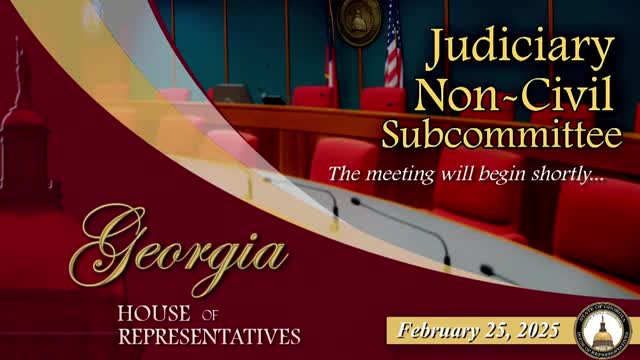Article not found
This article is no longer available. But don't worry—we've gathered other articles that discuss the same topic.
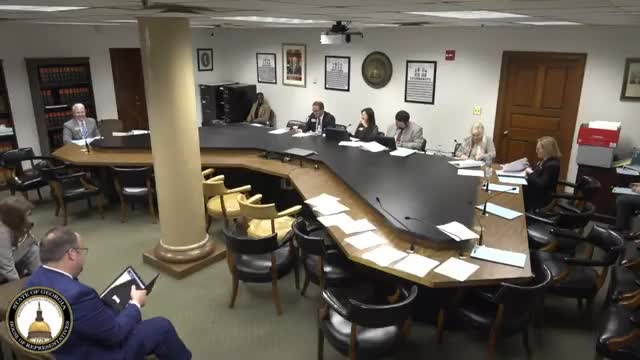
Bill fixes court-of-appeals ruling on time‑served for probation revocation cases; committee passes measure
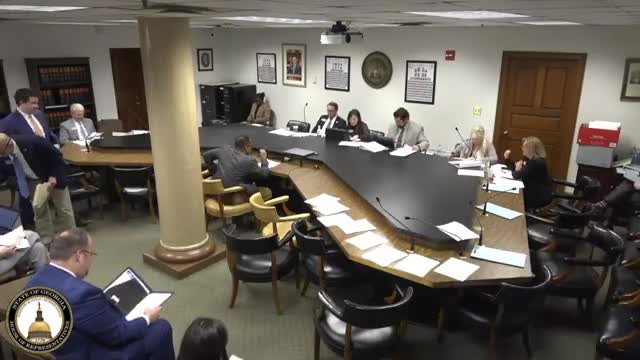
Committee approves bill adding code-enforcement officers to assault protections for public-safety inspectors, staff to review cross-references
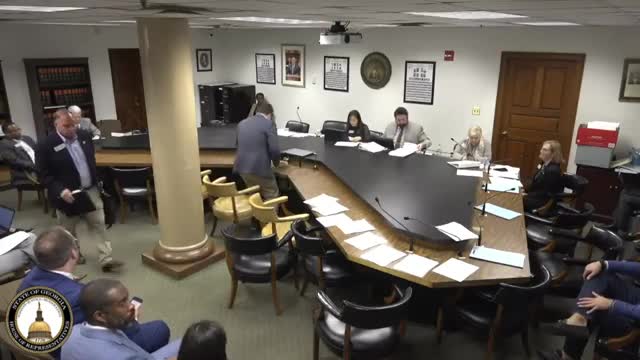
Committee approves bill limiting use of artistic expression as prejudicial evidence with carve-outs for tattoos and gang identifiers
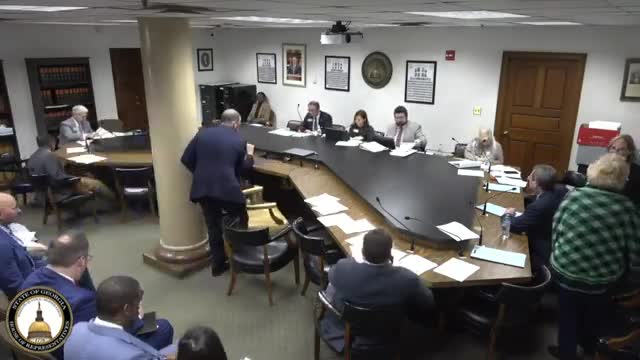
Bill would standardize law-enforcement oath language and limit felony prosecutions under 'violation of oath' statute, law‑enforcement groups support it
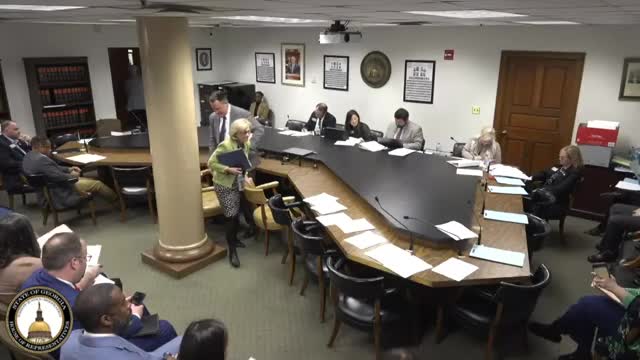
Bill would criminalize traveling from out-of-state to meet a minor for indecent purposes; prosecutors raised questions about overlap with existing statutes
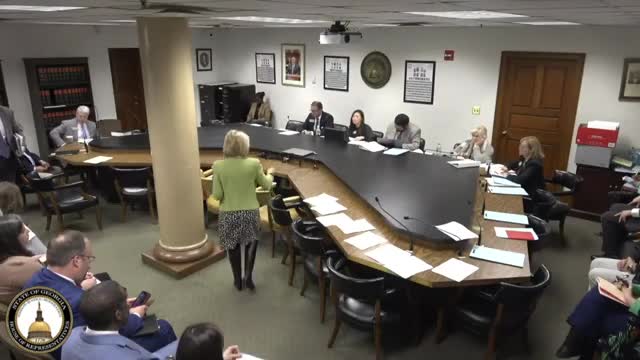
Committee advances bill to create administrative process and fixed awards for wrongful convictions
